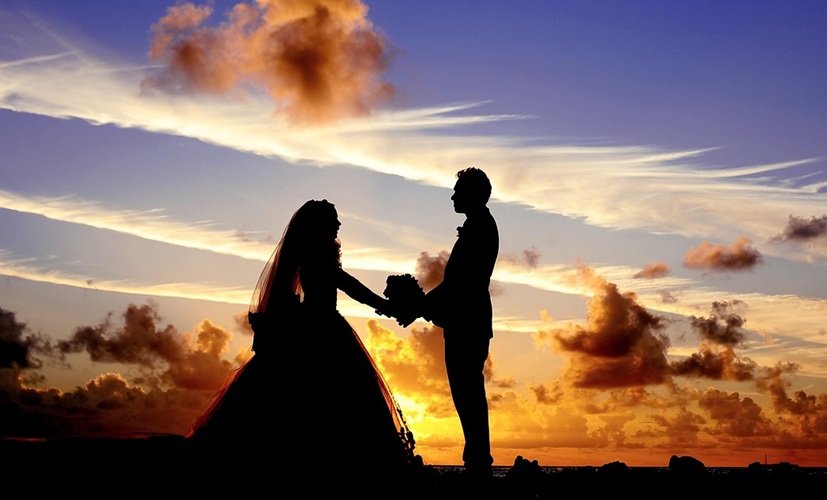Shillong: A rare interfaith wedding in Meghalaya’s West Jaintia Hills has drawn wide admiration for promoting harmony and tolerance, uniting two families from different belief systems — the Unitarian Church and the Niamtre faith — in what is believed to be the first ceremony jointly officiated by leaders of both religions.
The wedding, held in keeping with Khasi matrilineal traditions, saw Rev. Derrick P. Pariat of the Unitarian Church and Pa Daloi Puramon Kynjin, a Niamtre religious head, jointly solemnising the union.
Both leaders offered blessings from their respective faiths, symbolising mutual respect and coexistence.
The event’s significance extended beyond its personal joy, resonating as a message of religious unity at a time when interfaith marriages elsewhere in India often face societal resistance or pressures for conversion.
Rev. H.H. Mohrmen, a senior Unitarian minister and father of the groom, described the occasion as “a historic moment that reflects the freedom to believe and the courage to coexist.”
He added that the ceremony serves as a reminder that “faith can be a bridge, not a barrier.”
Unitarianism has had a long presence in the Khasi Hills since the late 1800s, introduced by Hajom Kissor Singh, who sought a balance between Christian teachings and Khasi-Jaintia traditional values.
The faith promotes reason, equality, and freedom of conscience — ideals that align closely with indigenous spiritual beliefs.
The bride, a follower of Niamtre, belongs to a faith deeply rooted in the Khasi worldview that reveres the Creator, ancestors, and nature.
Its guiding principle, Tip Briew, Tip Blei (to know man is to know God), emphasises moral living and compassion as paths to divine harmony.
The union sparked heartfelt reactions on social media, with many hailing it as a triumph of love over prejudice.
“So heartwarming to see love win over trivial religious differences,” wrote one user, sharing how faith often divides couples in modern society.
ALSO READ: Nagaland’s five tribes committee ends government programme boycott after cabinet concedes demands
Public figures also lauded the wedding for its symbolism. Deiwi Tariang Tongper of the Voice of the People’s Party said, “This is what our society needs — love that transcends dogma. Their courage gives us hope.”
While interfaith marriages remain relatively uncommon in Meghalaya, they are becoming more visible.
Studies indicate that the state has a comparatively higher rate of mixed unions, with 6.7 per cent of marriages being inter-religious, well above the national average of 2.1 per cent.
The ceremony, celebrated both online and within the community, is being seen as a moment of quiet revolution — one that reinforces the belief that love and mutual respect can unite where faith divides.















